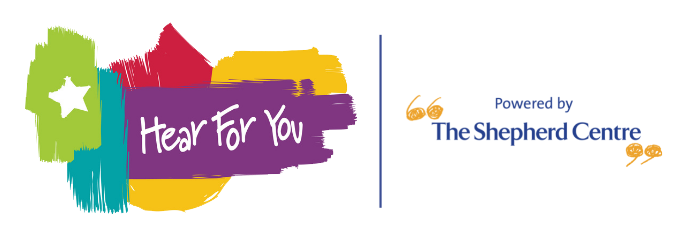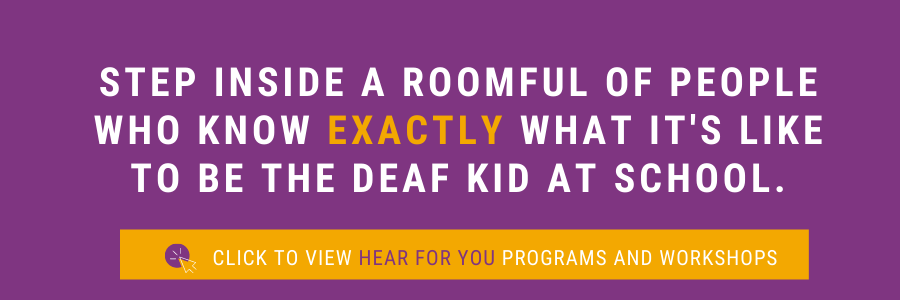We live in a society that is becoming more and more technologically advanced with each day. People all over the world are using social media to stay connected, especially teenagers. Recent studies have shown that 70 percent of teenagers claim they use social media on a daily basis which has skyrocketed from 34 percent in 2012.
The deaf and hard of hearing community has been impacted significantly by social media. Social media has provided a platform to allow deaf and hard of hearing individuals, especially teenagers, to develop and showcase their capabilities.
There are many studies which advocate the challenges that social media can cause, including social isolation. However, there are also multiple studies that exhibit how deafness can harness a sense of social isolation. In accordance with John Hopkins, hearing loss has a significant contribution to feelings of social isolation which often leads to a decline in verbal and face-to-face communication.
Social media becomes a tool which facilitates deaf and hard of hearing teenagers to feel more socially included within society. There are less limitations when it comes to communication options, however this is not to say that all social media platforms are as accessible as they could be for the deaf and hard of hearing community.
Social media becomes a tool which facilitates deaf and hard of hearing teenagers to feel more socially included within society.
Research shows that social media is a platform for entertainment, a tool for self-expression and facilitates teenagers, both hearing and hard of hearing to access the support they need. With 95 percent of teenagers having access to the Internet via their smartphone or computer at home, it’s only natural that social media usage increases (especially while we’re all stuck at home due to COVID-19).
Benefits of social media in gaining extra support
Social media provides deaf and hard of hearing teenagers with the ability to understand they’re not alone. There are so many online forums, groups and support networks available to the deaf and hard of hearing individuals. These range from mental health sites and organisations, such as Beyond Blue and Headspace to the current online programs Hear For You are offering.
In this current climate, whilst everything is online, it’s so important to understand our options for connecting digitally and gaining access to the support you need. The presence of social media is becoming more and more common, especially among teenagers and so it’s great to understand the impacts, both positive and negative that it is having on the deaf and hard of hearing community.
How Hear For You Can Help
Hear For You is providing online programs to support deaf teens. Our Community Catch Up Sessions cover all kinds of topics, including social media, confidence, and staying safe online.
You can view our full range of programs here.




